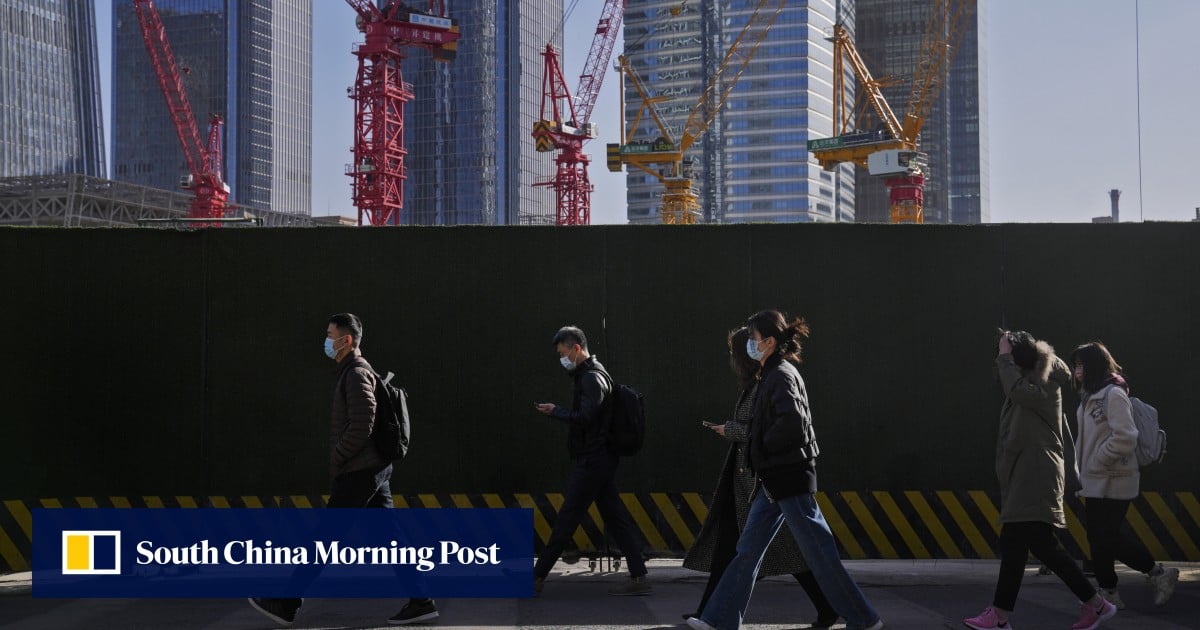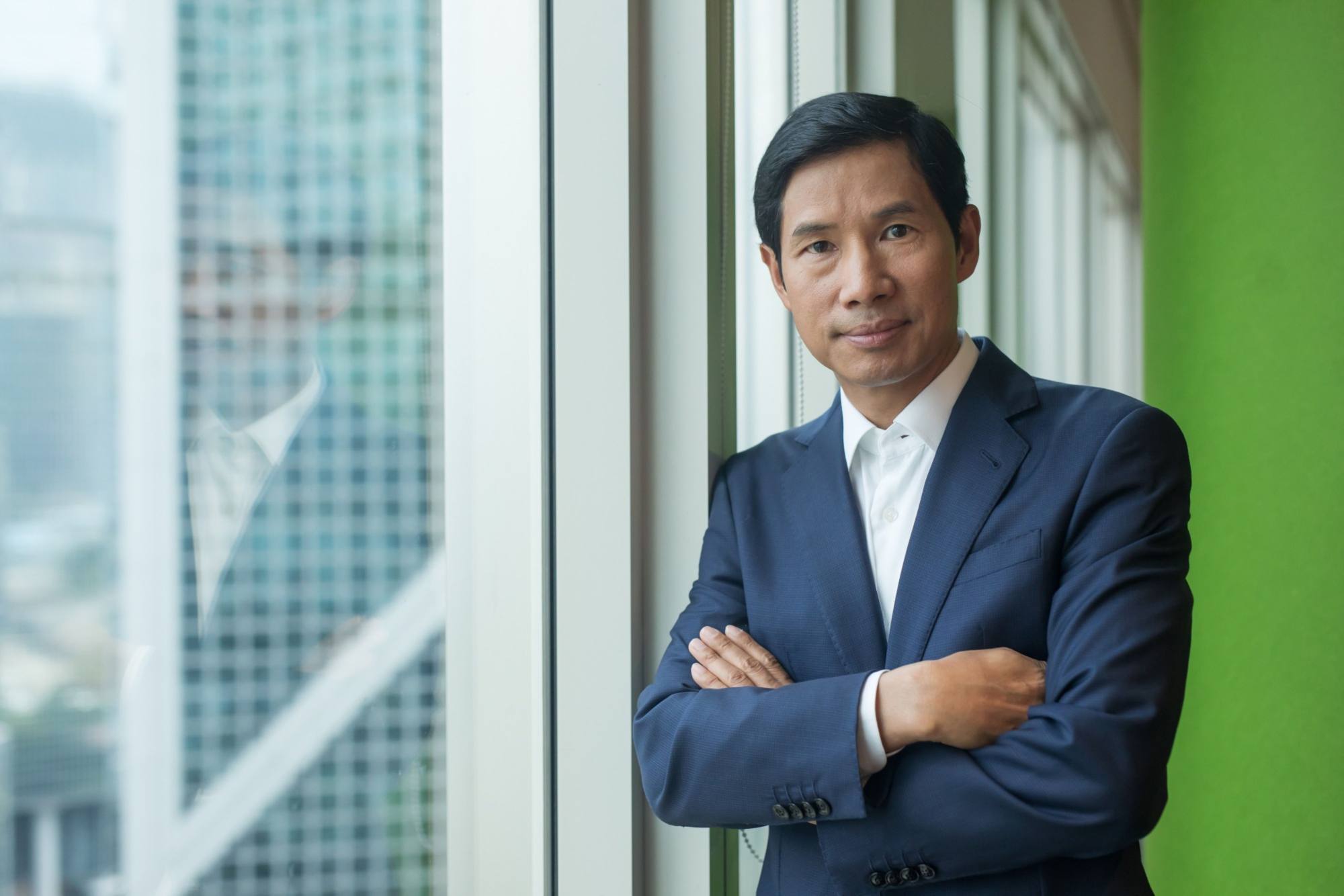
08 Apr HSBC summit: idea that China is ‘uninvestible’ is ‘shallow and lazy’, Primavera Capital’s Fred Hu tells panel
The world’s second-largest economy is still the single-biggest contributor to global gross domestic product growth, and the size and scale of its industries is still huge, he told a panel called “The new China playbook, China by numbers”.
“Any global investor who seeks to build a globally diversified portfolio, how could you ignore China? There is just no other way,” Hu said.
“All of this pessimism about China is not justified by on-the-ground facts.”

More than 2,500 market professionals and 300 corporate executives have gathered to discuss top issues challenging the industry and the world.
The new China playbook will be about focusing on strategic emerging sectors and developing an edge, Keyu Jin, an economist at the London School of Economics, said during the panel.
China is clearly focusing on technological innovation such as artificial intelligence and quantum computing, technologies that will shape the future, Jin said. These areas provide “a high-return, high-risk model with lots of uncertainties, and China’s going after that”, she added.
“[China] is moving away from industrial policies which focused on midstream infrastructure and downstream applications in the past,” Jin said. In the short term, China’s technological innovations will not replace the real estate market in terms of the aggregate number of jobs it contributes, she said. Beijing still needs to figure out a way to implement policies strategically, to address the problems it is currently facing, Jin added.
HKEX eyes Saudi, Indonesian companies to win more IPOs from emerging markets
HKEX eyes Saudi, Indonesian companies to win more IPOs from emerging markets
Nicholas Lardy, a senior fellow at the Peterson Institute who also spoke during the panel, said China’s private sector has a history of producing forward-thinking innovations and has a high level of productivity.
“If you want to go towards a more innovation-driven economy, you have to allow the private sector to play a greater role,” Lardy said.
Despite headwinds, there remain clear opportunities in China, the panel heard.
China has faced “incredible complexity, uncertainties and risks” in recent years, including its rigid zero-Covid policies, a technology sector crackdown and the property downturn, Primavera’s Hu said. But at the end of the day, investors must “understand the uncertainty and the cyclical risk-adjusted returns”.
“China has tremendous potential as an innovative house, next to the United States,” said Hu.
“I am optimistic – China has proven that it has been able to change from copycat to become an innovator within two decades.”

